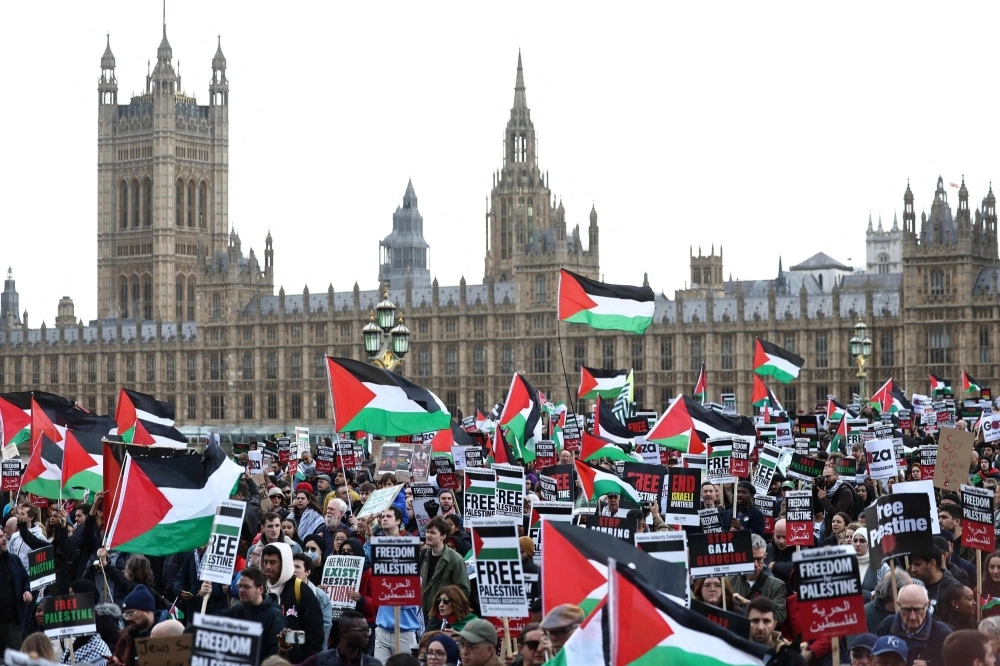In the decade I lived in Tokyo from 1998 to 2007, Japan resisted advice, including from U.N. circles, that mass immigration would help it solve the problem of sluggish economic growth. As we see the destructive impact of migrant communities on foreign policy and domestic cohesion of Western countries, Japan could be forgiven for having a sense of schadenfreude.
For over two decades, I have argued the U.S. cannot construct a world order in which all others must obey global rules and norms but Washington can exempt itself from them whenever, wherever and for as long as it likes. The sense of U.S. exceptionalism rooted in self-belief as a uniquely virtuous power led to the proclamation of an imperial doctrine of unchallengeable military dominance.
The director of policy planning in the Bush State Department was Richard Haass. He refuted the allegation of U.S. unilateralism or isolation. Rather: “What you’re going to get from this administration is ‘a la carte multilateralism,’” he explained in July 2001.


















With your current subscription plan you can comment on stories. However, before writing your first comment, please create a display name in the Profile section of your subscriber account page.